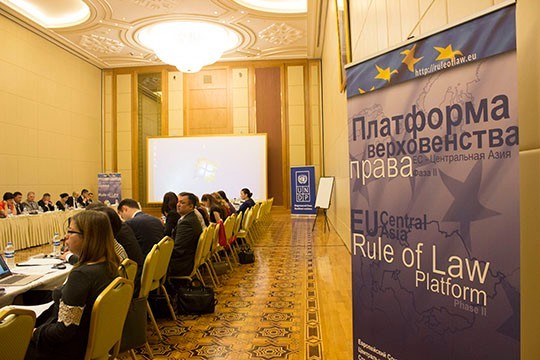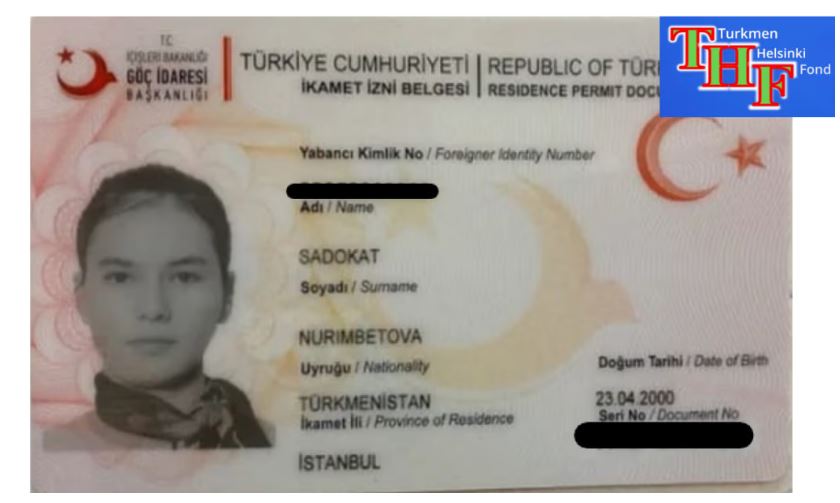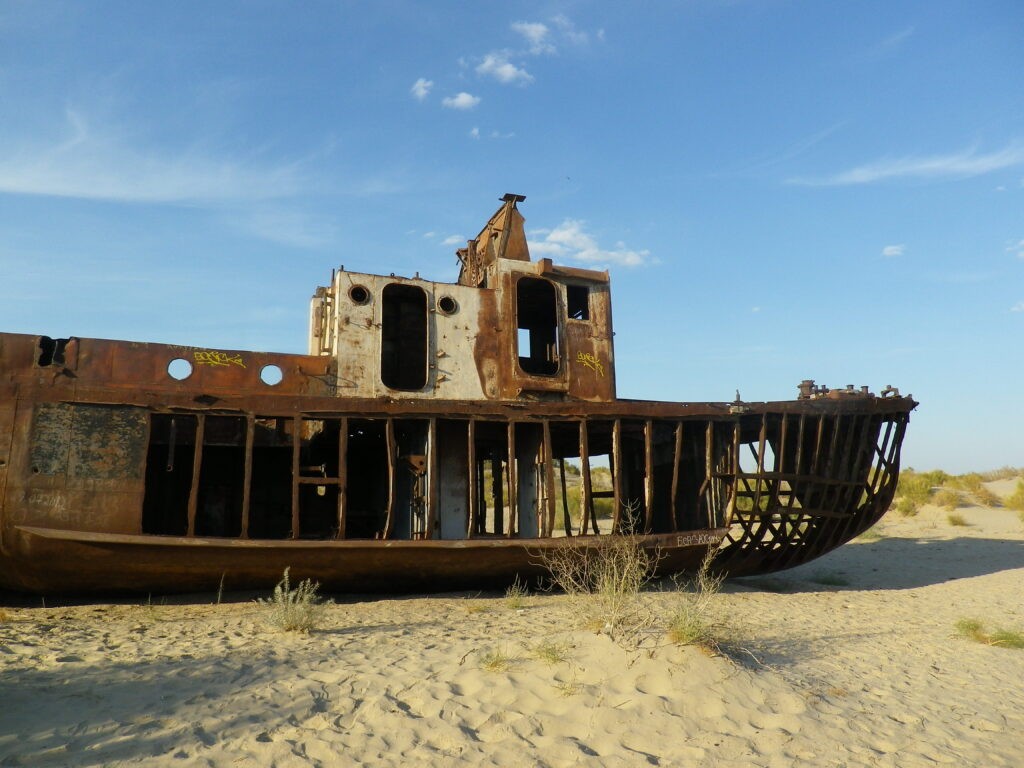ASHGABAT (TCA) — United Nations Development Program (UNDP) and the EU–Central Asia Rule of Law Platform on Tuesday held the seminar on development of the regulation of the public associations and civil society in Turkmenistan, the UNDP Turkmenistan reported.
The seminar was attended by 30 representatives of the public institutions of Turkmenistan such as the Institute of Democracy and Human Rights, the Ministry of Justice, the Institute of State and Law under the President of Turkmenistan, Mejlis (Committee on the protection of human rights and freedoms), the Supreme Court, the General Prosecutor’s Office, Ministry of Finance, the Bar Association, the Turkmen State University (Faculty of Law), and the Academy of Civil Servants under the President of Turkmenistan, as well as the registered public associations.
The purpose of the seminar was to discuss the current regulation and practice around civil society and public associations in Turkmenistan, share international experience and mechanisms, and consider potentially beneficial role for economic, cultural and social development.
“Legal base is one of the backbones of creating an effective and operations civil society and public associations. There is no dispute that public associations are important for the community, and today we encourage an active discussion and welcome suggestions and recommendations from the side of the Turkmen public associations,” stated a representative of the Ministry of Justice of Turkmenistan.
Experts from the EU, UNDP and Central Asian countries provided an overview of existing EU and CA good practices in civil society partnerships with the State and with the business sector. Participants discussed the ongoing constitutional reform in Turkmenistan and the European practices in ensuring the guarantees for the protection of freedom of association in the context of its comparison to Central Asian countries.
Under the auspices of the EU’s Rule of Law Initiative for Central Asia, the Rule of Law Platform project acts as a coordination mechanism to facilitate policy dialogue and promote the measures needed to encourage and support legal and governance reforms in each of the Central Asian countries.
The purpose is to improve the capacity of Central Asian countries to contribute to the modernisation and reform of their legal and judiciary systems, by developing legislation and practices in line with internationally accepted standards and fostering dialogue with neighboring countries.
The project’s major partners in the Central Asian countries are the supreme and constitutional courts as well as the Ministries of Justice and Ministries of the Interior (Rule of Law Initiative Coordinators), parliamentary organs, lawyers, public prosecutors, legal aid providers, members of other legal professions, training centres, universities and civil society representatives.









